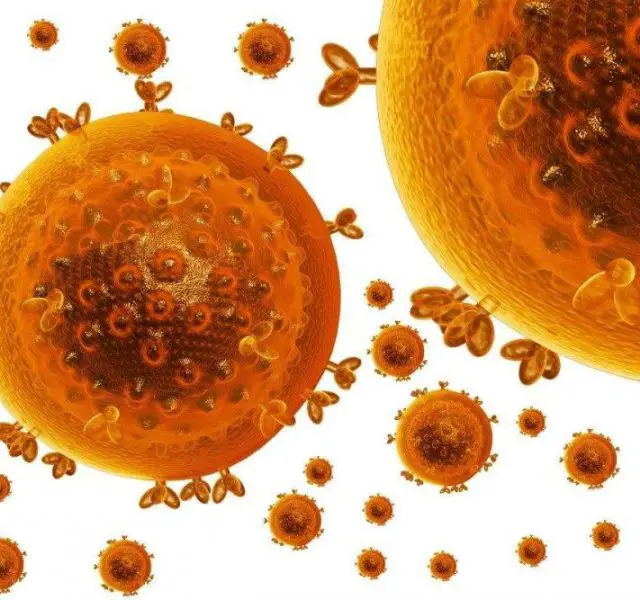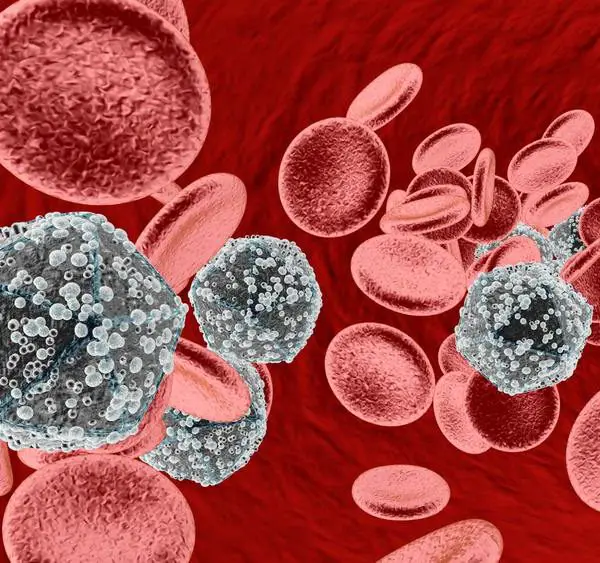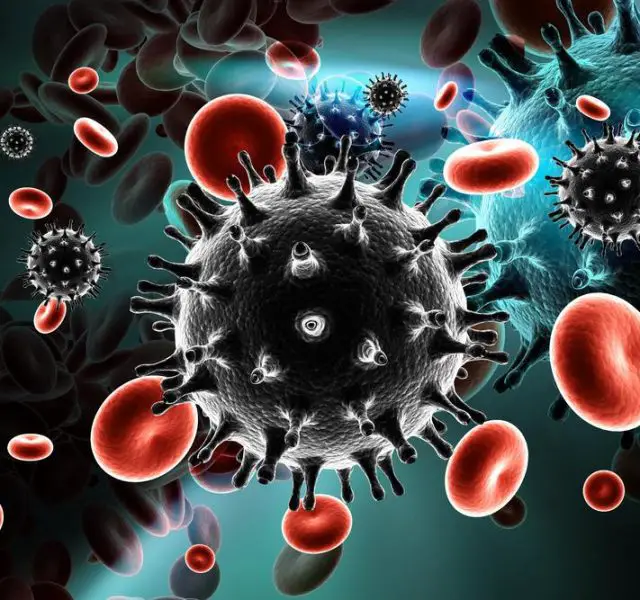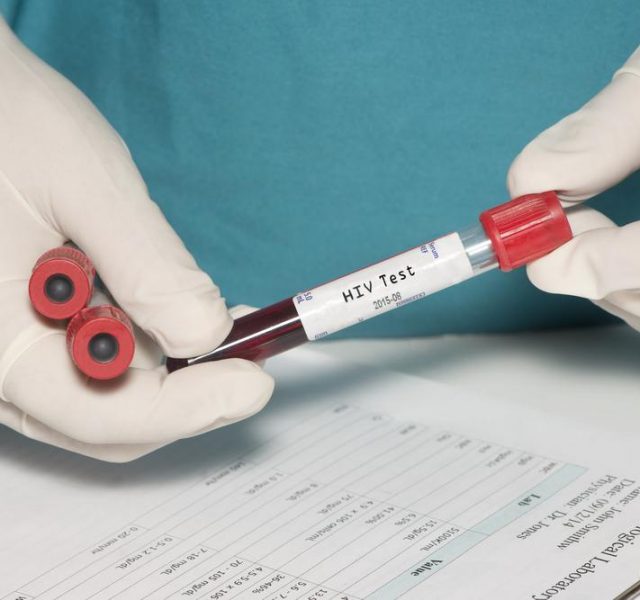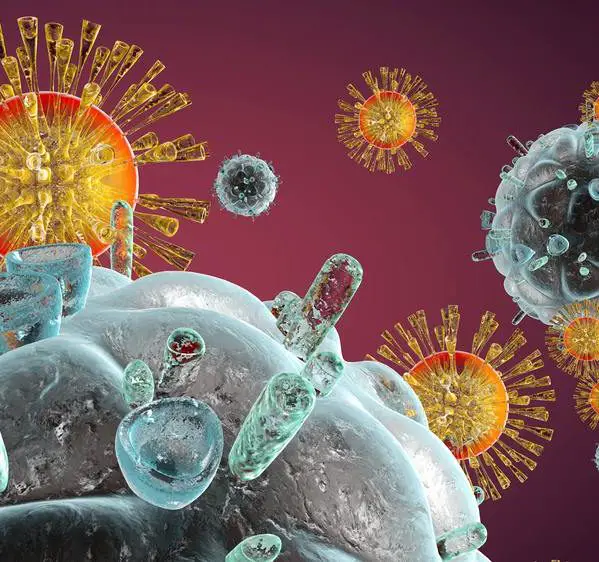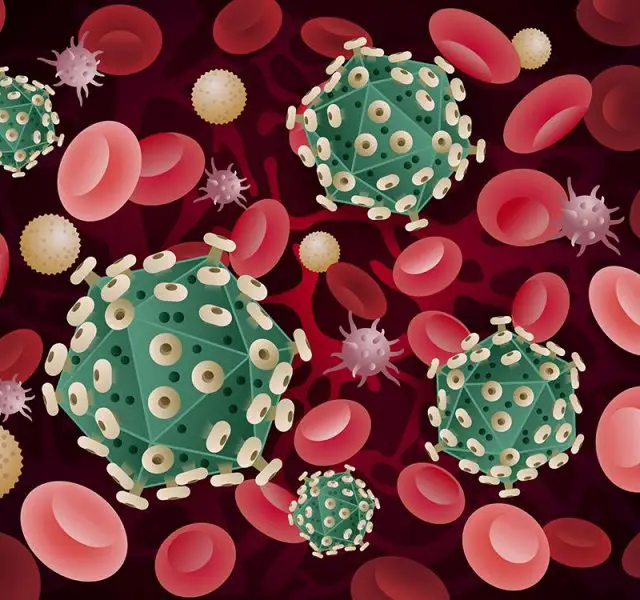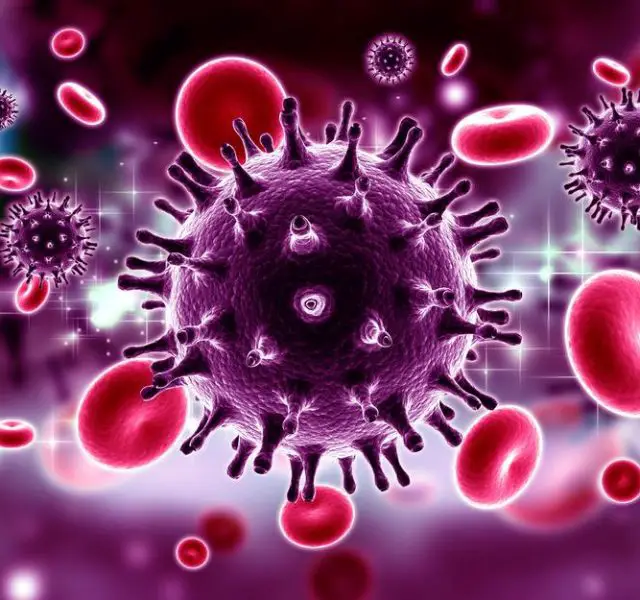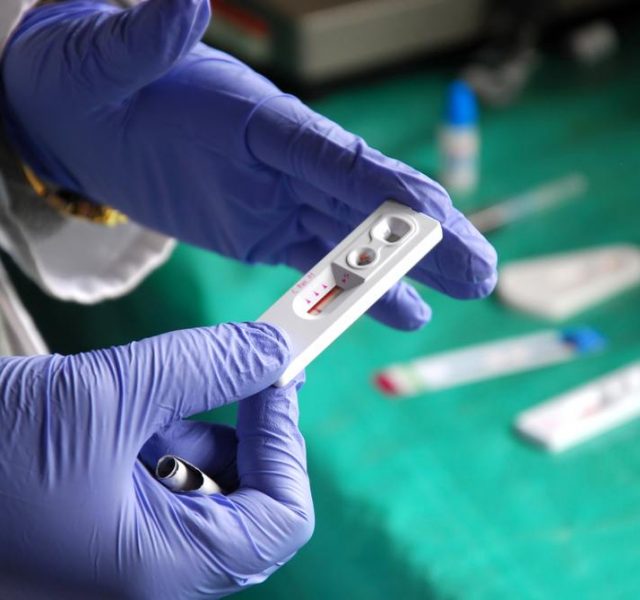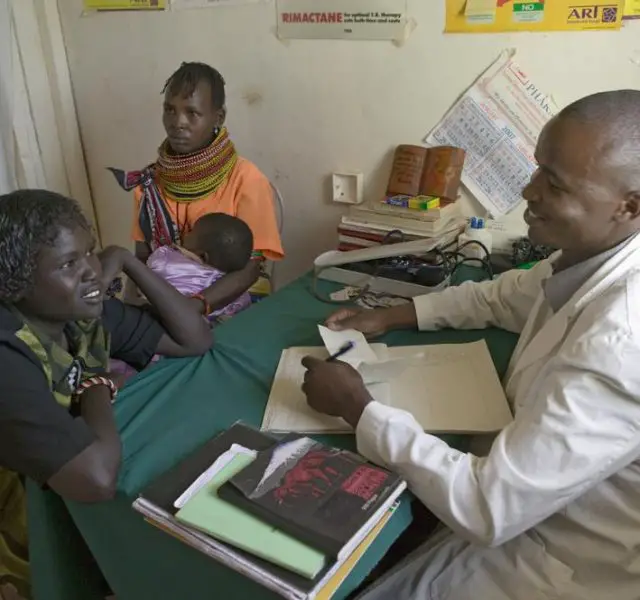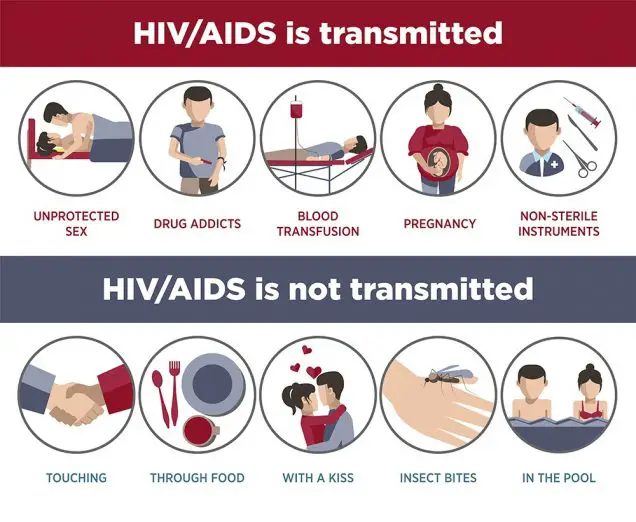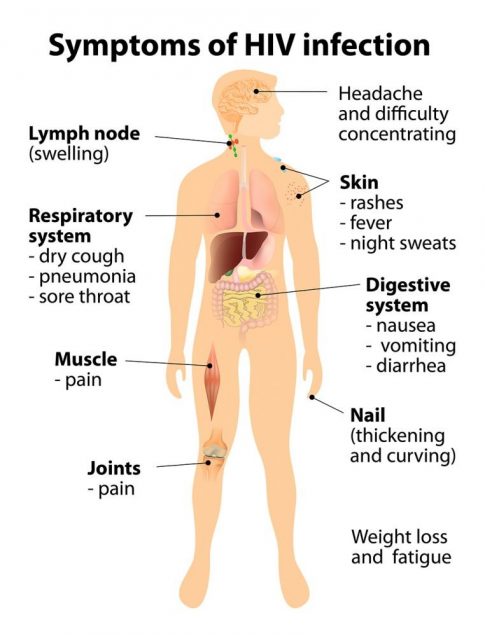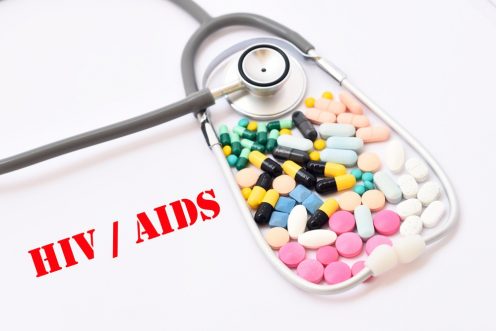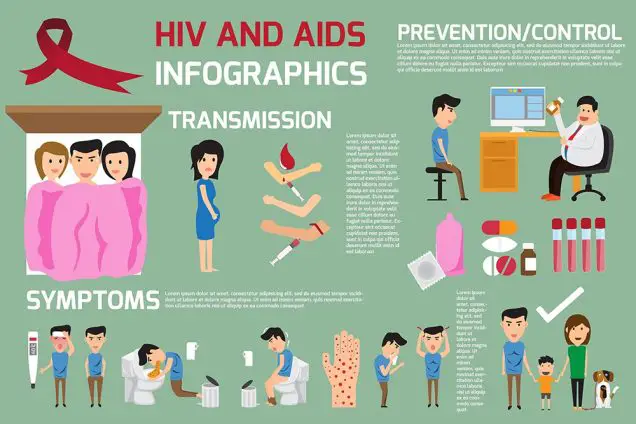HIV / AIDS
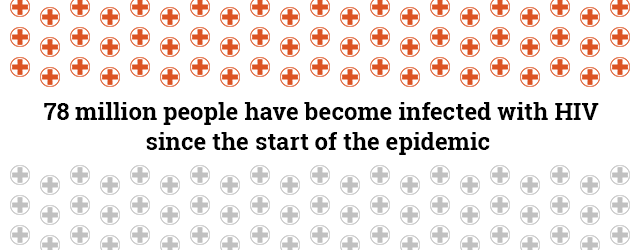
Contents
What is HIV / AIDS?
HIV is the acronym for the Human Immunodeficiency Virus, a virus that attacks the body’s immune system, leading to full-blown AIDS (Acquired Immunodeficiency Syndrome). AIDS is devastating because it leaves the body susceptible to life-threatening infections and certain kinds of cancers.
How is HIV and AIDS contracted?
Through oral, anal, or vaginal sex, and from an HIV-positive mother to her baby. To prevent it, use a condom every time you have sex; find out the sexual history of any new partners, including their HIV status; and don’t share needles if you do intravenous drugs. If you’re pregnant and are HIV-positive, talk to your doctor about how to prevent passing the virus along to your child.
Incubation Period
Some people develop symptoms shortly after being infected, but for many it takes more than ten years for symptoms to appear.
Symptoms of HIV and AIDS
Most symptoms of AIDS are not caused directly by HIV, but by an infection or other condition brought on by a weakened immune system. These include severe weight loss, fever, headache, night sweats, fatigue, severe diarrhea, shortness of breath, and difficulty swallowing. The symptoms tend to last for weeks or months at a time and do not go away without treatment. In some cases, infections result in death.
Testing
A blood test can tell you if you have HIV. Anyone who is sexually active and unsure of the sexual history or HIV status of their partner(s) should be tested every year.
HIV Treatment
So far, there is no cure for AIDS, but some drug regimens that combine medications such as AZT (Retrovir) with ritonavir or norvir are proving effective at strengthening immunity and keeping infections at bay, thereby prolonging the lives of many AIDS sufferers. Combination drug therapy has benefited many people for years, but it is still unclear how long the drugs will remain effective, especially since effectiveness varies significantly from person to person.The drugs must also be taken in large quantities, usually on a daily basis, and there are many side effects.
When drug treatment is stopped, new symptoms can arise, or old ones return. If you’re pregnant and HIV-positive, taking AZT throughout the pregnancy and during delivery can reduce the chances that the virus will be transmitted to the baby.
If you are not treated
HIV progresses more rapidly into full-blown AIDS without treatment, usually because of infections that develop as a result of the patient’s weakened immune system.

